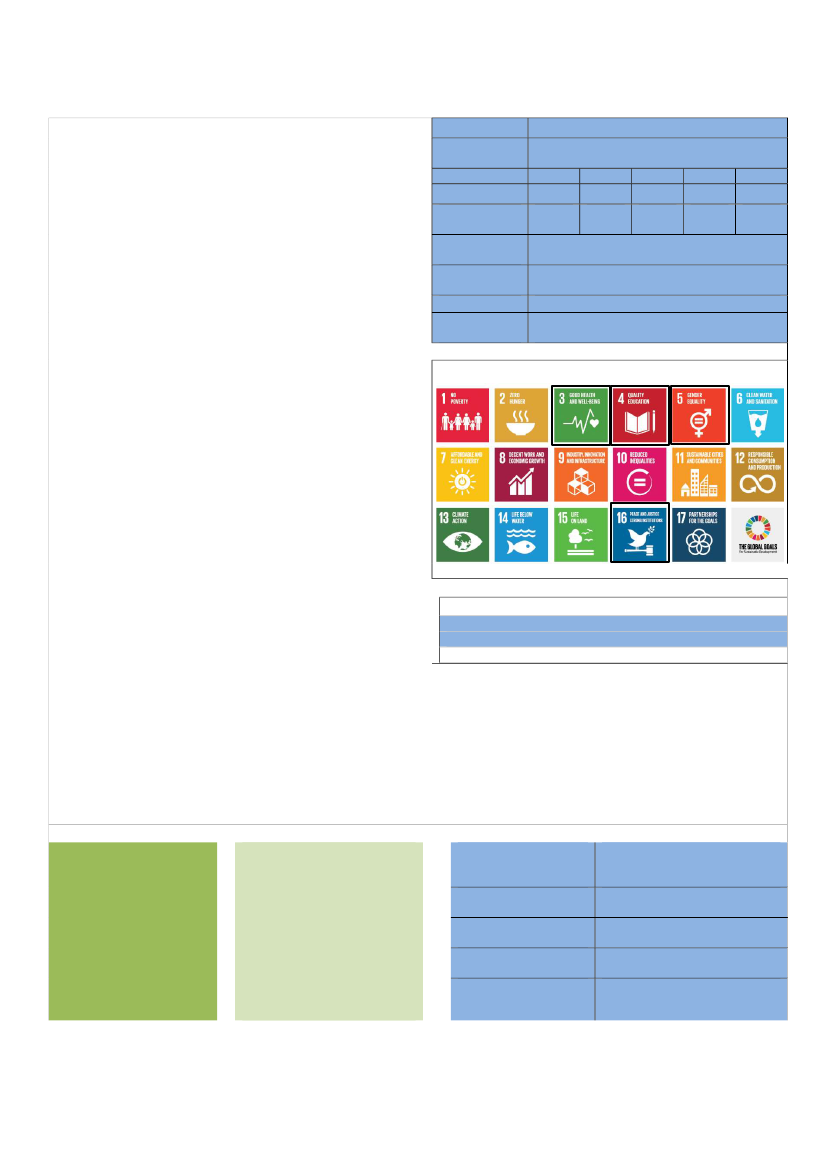
Danish Organisation Strategy for ICRC
Introduction:
ICRC was established as a private association under Swiss law in 1863.
Today, it has a status equivalent to that of an international organisation
in order to fulfil its humanitarian mandate and mission.
ICRC is an
impartial, neutral and independent humanitarian organisation
working globally to protect and assist the victims of armed conflict
and other situations of violence.
ICRC is formally recognized in the
Geneva Conventions, their Additional Protocols,
the Statutes of the
International Red Cross and Red Crescent Movement, and by the
International Conferences of the Red Cross and Red Crescent.
Key results:
Protection and humanitarian assistance delivered by the ICRC has
a relevant and sustainable impact for affected people.
Behaviour of parties to conflict is influenced to prevent violations
of International Humanitarian Law (IHL) and alleviate human
suffering.
Based on the leveraging of synergies between humanitarian and
development efforts, affected people’s vulnerabilities are reduced
and their self-reliance is enhanced.
Strengthen ICRC’s engagement in integrating climate and
environmental risks into its work.
Justification for support:
ICRC’s work is well aligned with key Danish priorities on
protecting victims of armed conflict and delivering humanitarian
assistance to vulnerable affected populations.
ICRC is the guardian and promoter of IHL and interacts with
states parties to the Geneva Conventions as well non-state armed
groups.
ICRC’s operations in protracted conflicts is aligned with
Denmark’s objective to consider longer-term consequences from
the onset of a crisis and strengthen the coherence between
humanitarian action and development efforts.
ICRC’s frontline humanitarian action is a stabilising factor and a
building-block for peace.
How will we ensure results and monitor progress:
Monitoring of Danish priority areas is based on ICRC’s own
reporting on its strategy for 2024-2027.
Active participation in formal and informal meetings, thematic
briefings, membership of the Donor Support Group and at the
International Conference of the Red Cross and Red Crescent.
Annual consultation on key priority areas.
Danish involvement in governance structure:
Denmark is part of the Donor Support Group.
Denmark actively participates in the International Conference of
the Red Cross and Red Crescent Movement
File No.
Responsible
Unit
Mill.
Commitment
Projected ann.
Disb.
Duration of
strategy
Finance Act
code.
Desk officer
Financial
officer
24/19161
FN-Genève
2025
85
85
2026
85
85
2027
85
85
2028
85
85
Total
340
340
2025-2028
06.39.01.14
Aino Askgaard
Alberte Sofie Linde Forsell
Mads Ettrup
SDGs relevant for Programme*
*
Overall goal to
leave no one behind
Budget
Core voluntary funding
340 million DKK
Total*
340 million DKK
*Subject to annual parliamentary approval
Risk and challenges:
Financial and political support to principled humanitarian
action.
ICRC’s humanitarian neutrality
Humanitarian space and staff security.
Fraudulent acts and sexual exploitation and abuse.
Strategic objective(s)
Contribute to the
achievement of the Danish
strategy “The World We
Share”, including protection
of the most vulnerable,
effective access to protection
and life-saving assistance as
well as prevention and
reduction of violence and
conflict.
Priority Areas
1. Protection and delivery of
essential services to people
affected by conflict
2. Promotion and compliance
with IHL
3. Synergies between
humanitarian and development
efforts (HDP-nexus)
4. Climate and conflict
5. Enhance organisational
efficiency and effectiveness of the
ICRC
Established
HQ
President
Human Resources
Country presence
Core information
1863
Geneva
Mirjana Spoljaric Egger
16.500 staff
Over 90 countries